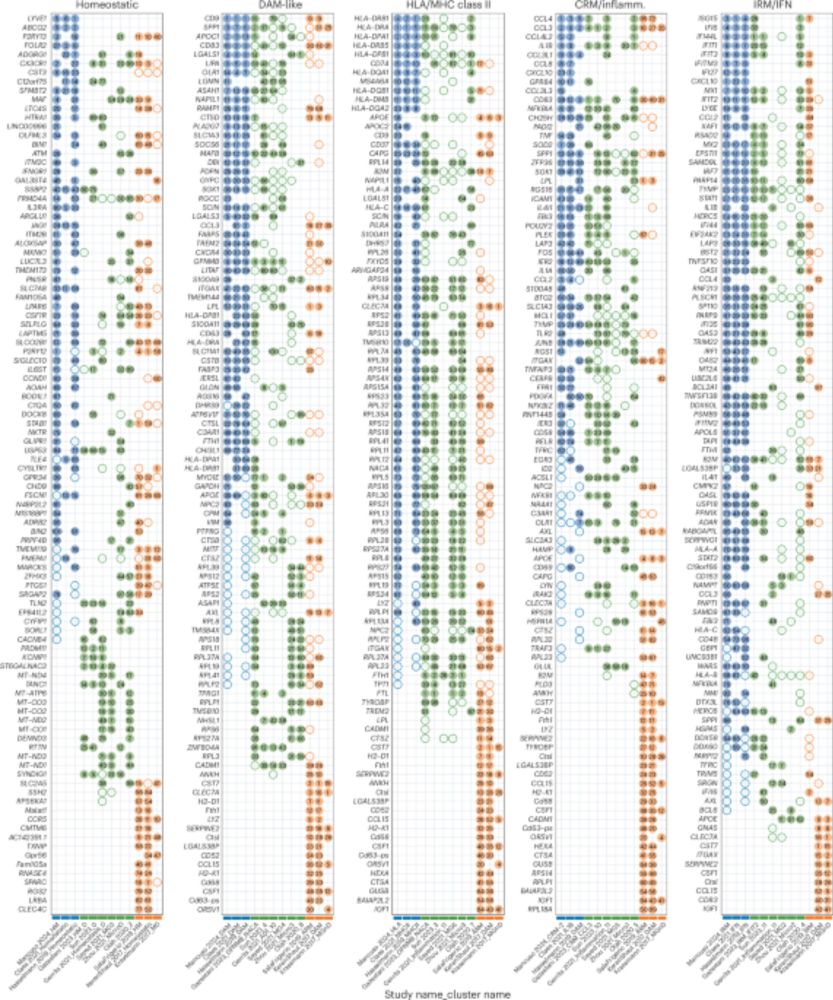

Preprint: medrxiv.org/content/10.1...
🧵

Preprint: medrxiv.org/content/10.1...
🧵
Preprint: medrxiv.org/content/10.1...
🧵

Preprint: medrxiv.org/content/10.1...
🧵

Preprint: medrxiv.org/content/10.1...
🧵
Below a thread 👇
open access link: rdcu.be/eIjvC
Below a thread 👇
open access link: rdcu.be/eIjvC
Switching on an electric light would have been unimaginable for our medieval ancestors. In their childhood, our grandparents would have struggled to imagine a world connected by smartphones and the Internet.

Switching on an electric light would have been unimaginable for our medieval ancestors. In their childhood, our grandparents would have struggled to imagine a world connected by smartphones and the Internet.

link: rdcu.be/ezuZd
1/7

link: rdcu.be/ezuZd
1/7
Screenshotting the image here from a 1994 book on nuclear physics, for others who may be interested:
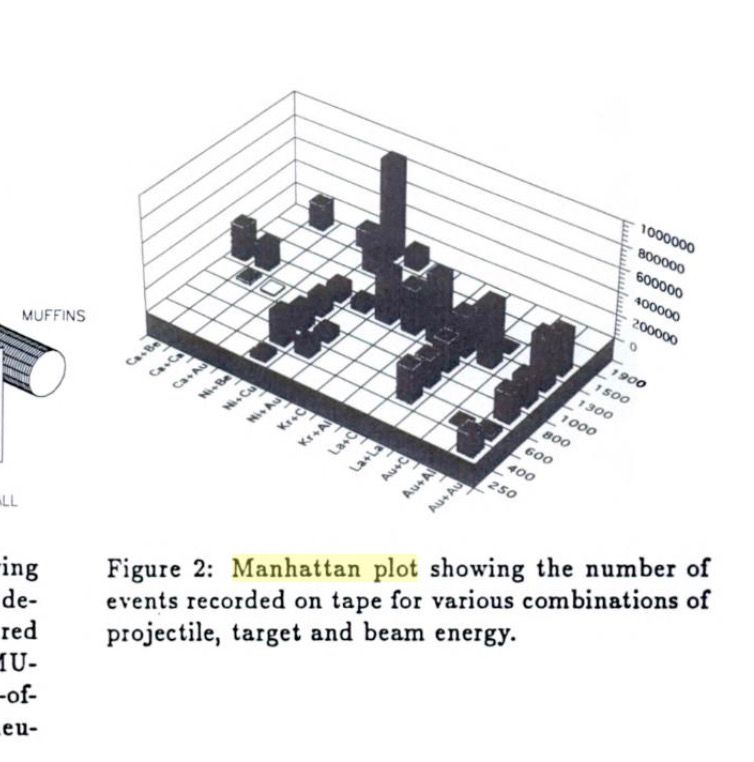
Screenshotting the image here from a 1994 book on nuclear physics, for others who may be interested:
Have a good night
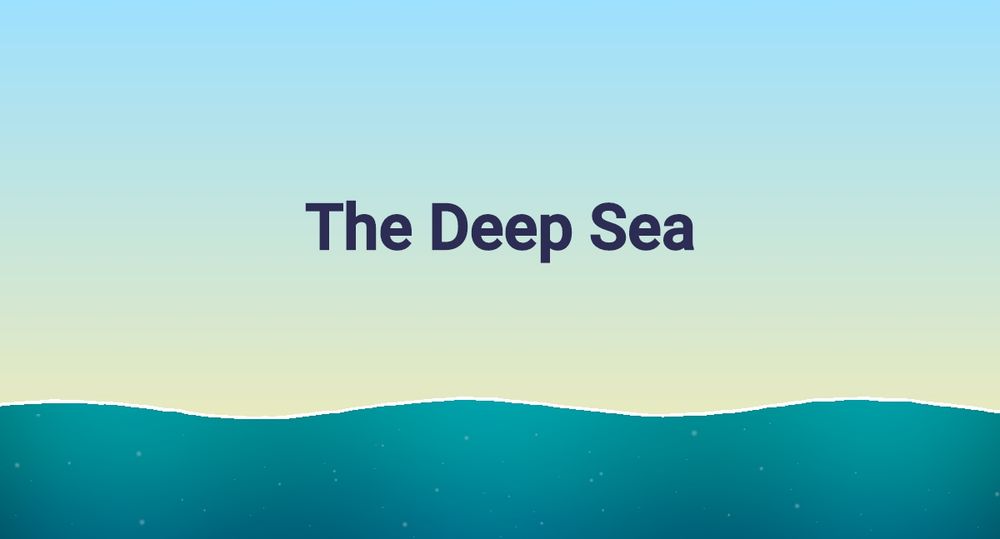
Have a good night
How do genetic effects on complex traits change with age? In this work, we compare different approaches to obtain age-varying genetic effects, and show how design and modeling choices can impact the conclusions we draw.
shorturl.at/17snd
A thread 🧵👇
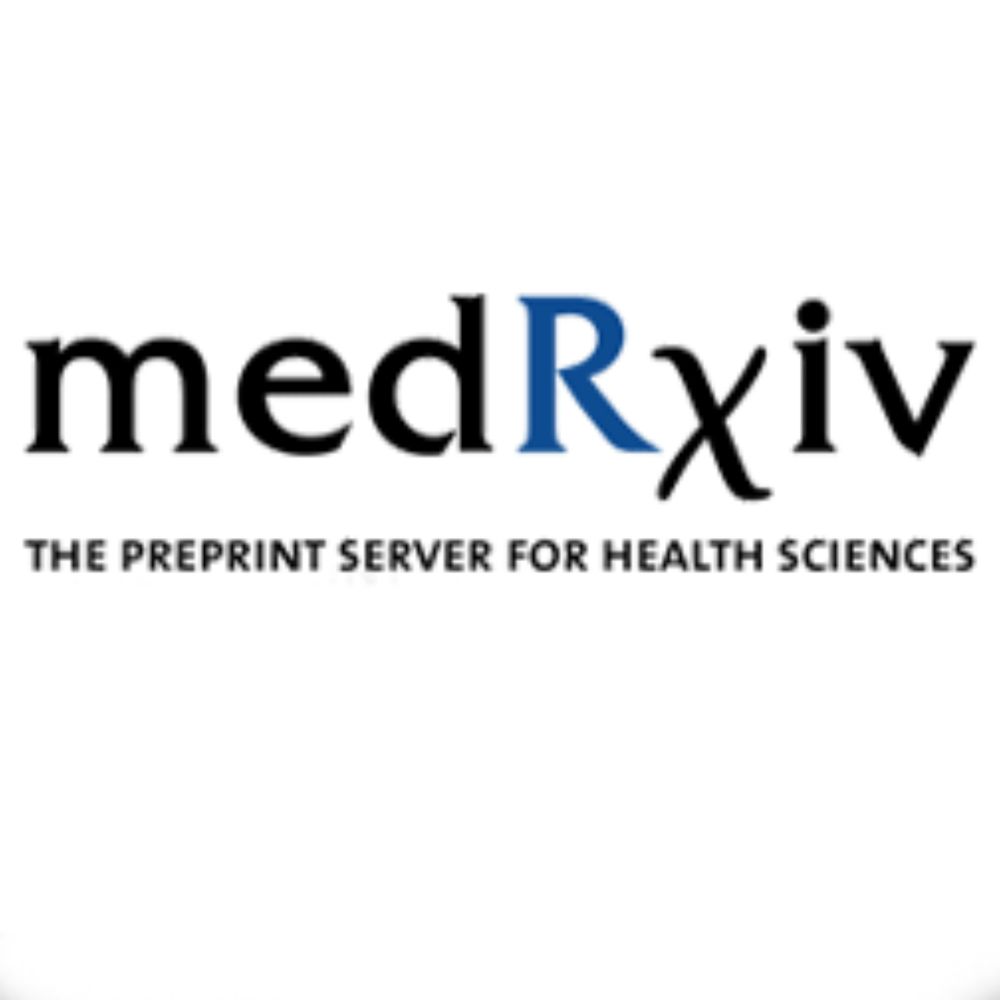
How do genetic effects on complex traits change with age? In this work, we compare different approaches to obtain age-varying genetic effects, and show how design and modeling choices can impact the conclusions we draw.
shorturl.at/17snd
A thread 🧵👇
Its thought deep learning will substantially improve PGS but the reality is MANY have tried but no/little gain has been seen so far. Here we report our negative results.
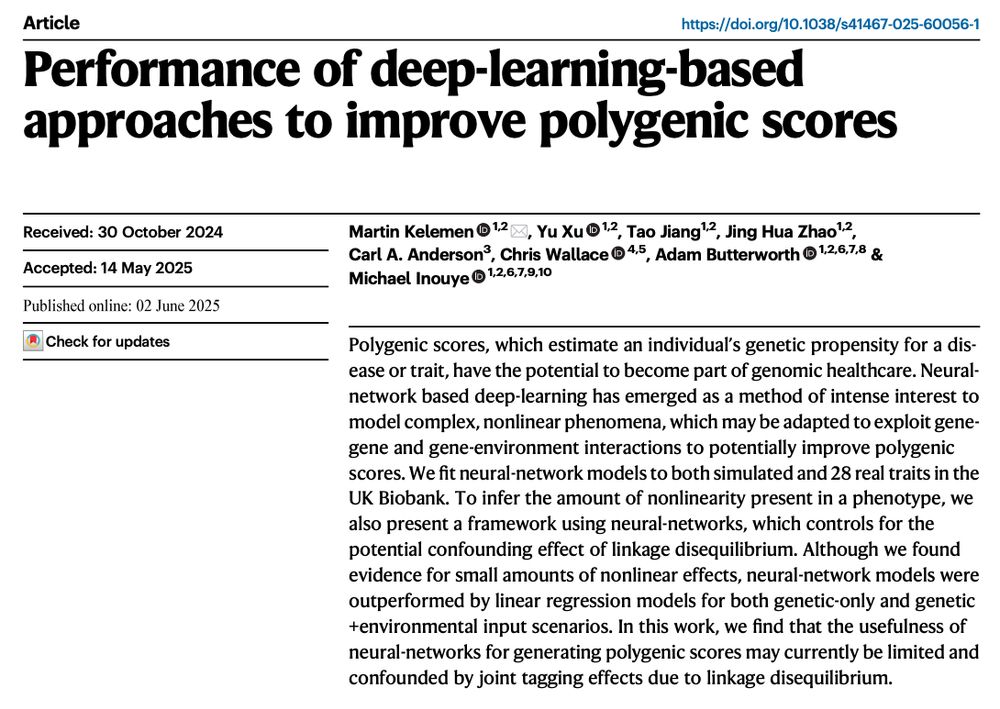
Its thought deep learning will substantially improve PGS but the reality is MANY have tried but no/little gain has been seen so far. Here we report our negative results.
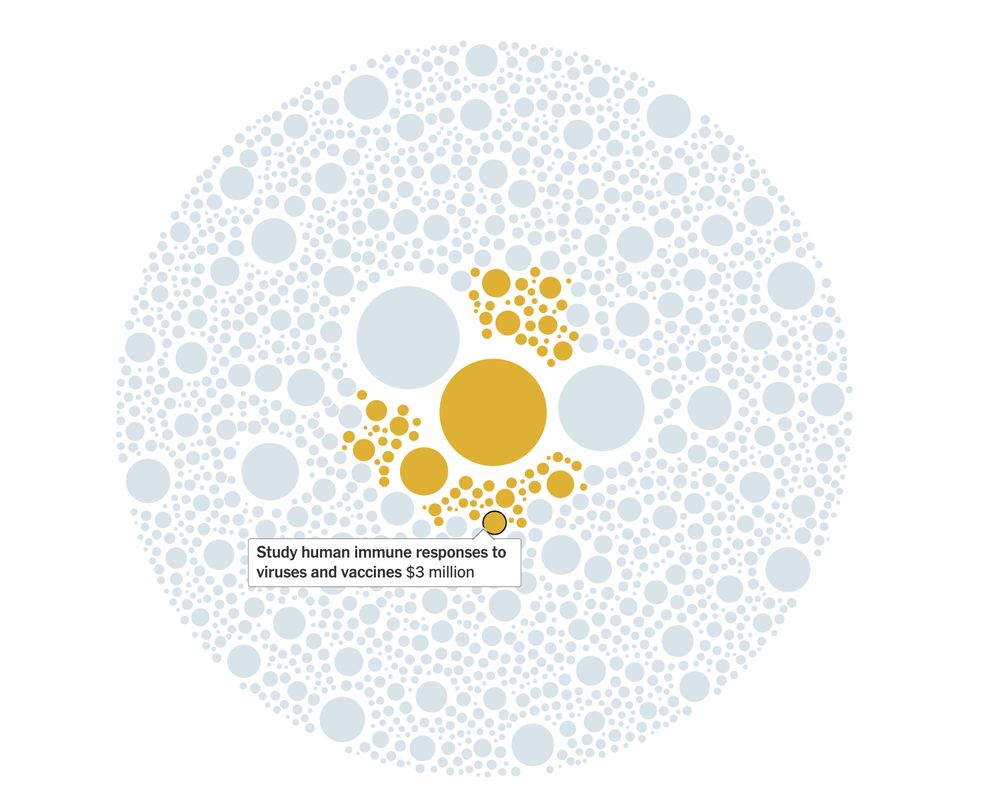
Thrilled to announce this new $900,000 project headed by @jamesheathers.bsky.social

Thrilled to announce this new $900,000 project headed by @jamesheathers.bsky.social
werkenbij.vu.nl/vacatures/tw...
werkenbij.vu.nl/vacatures/po...
werkenbij.vu.nl/vacatures/po...
werkenbij.vu.nl/vacatures/tw...
werkenbij.vu.nl/vacatures/po...
werkenbij.vu.nl/vacatures/po...
https://www.ft.com/content/362bcad4-8f4a-42b4-ab86-38821d74352f

https://www.ft.com/content/362bcad4-8f4a-42b4-ab86-38821d74352f
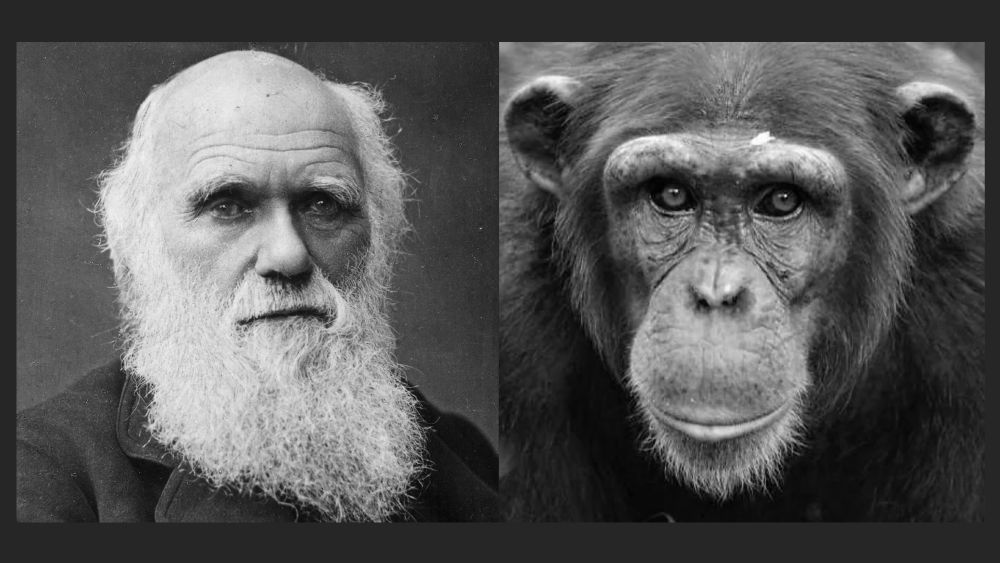
@naturemedicine.bsky.social by my team @scripps.edu
www.nature.com/articles/s41...

@naturemedicine.bsky.social by my team @scripps.edu
www.nature.com/articles/s41...
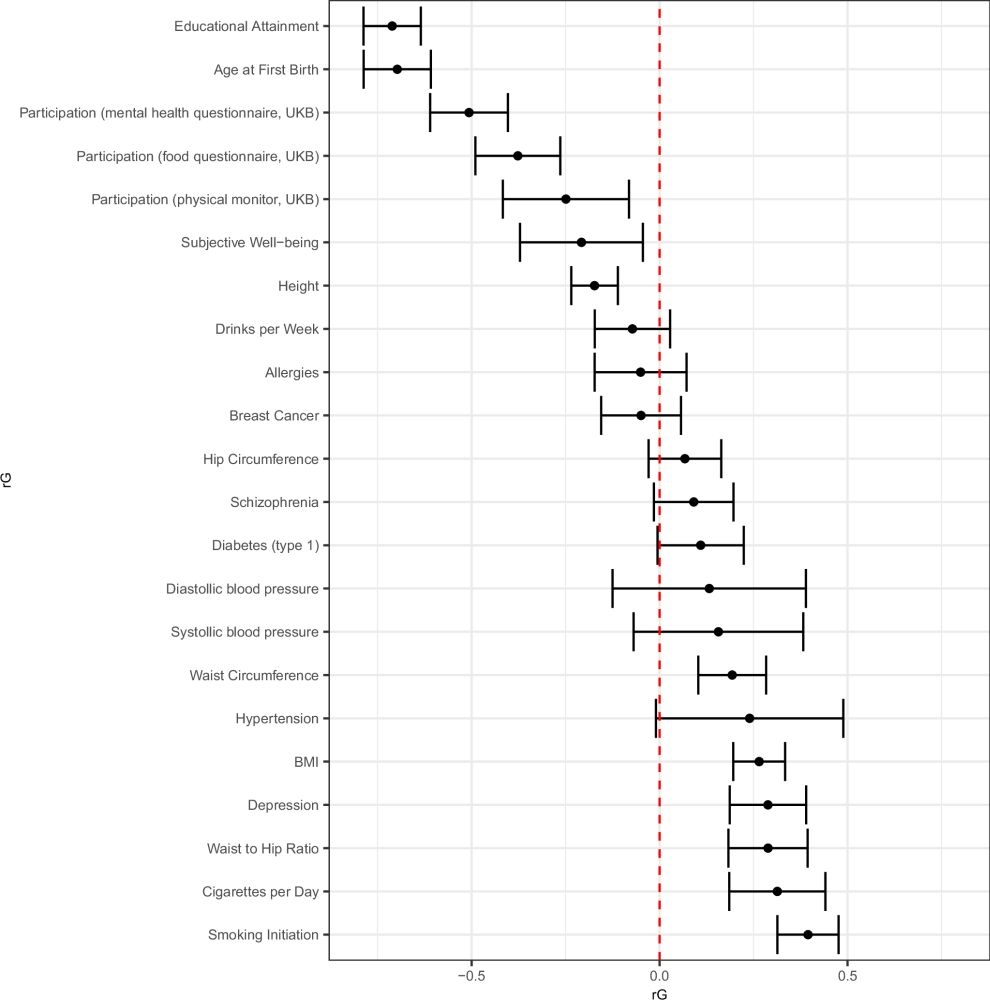
Here’s (almost) everything we know about it
erictopol.substack.com/p/the-breakt...
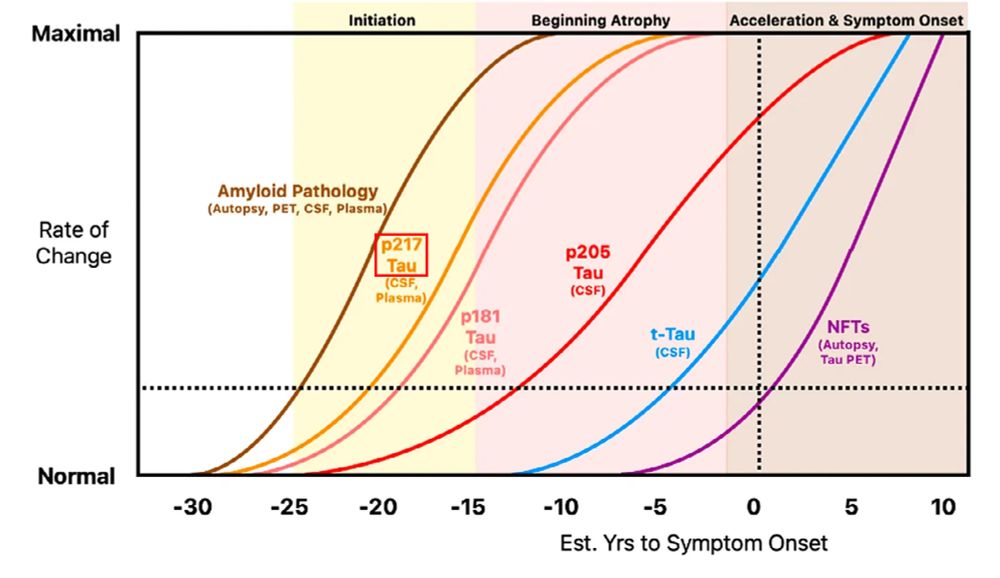
Here’s (almost) everything we know about it
erictopol.substack.com/p/the-breakt...
